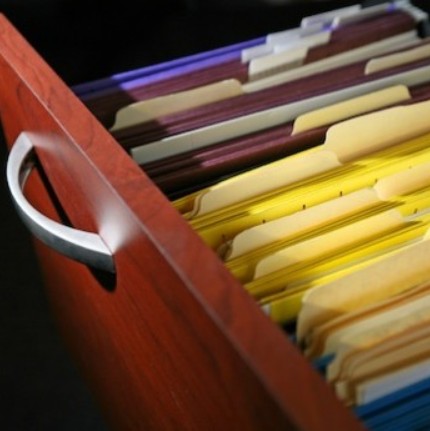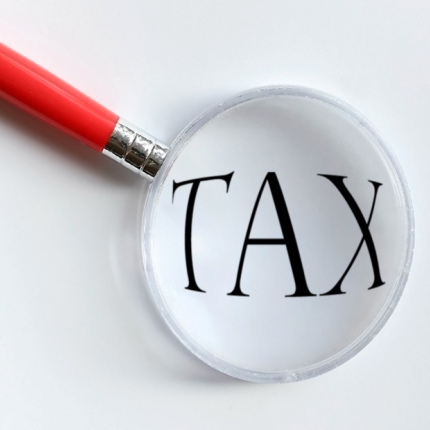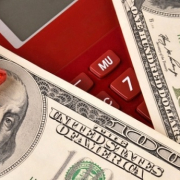Top Receipts To Keep In Your Files
 How well do you keep track of receipts?
How well do you keep track of receipts?
Some people – the organized type – find pleasure in keeping receipts and paperwork accounted for using a finely tuned cataloging system. Others may use a shoebox or file folder, finding no pleasure in such endeavors. Put a little work into cataloging your receipts and you might discover that you’re putting a substantial amount of money back into your pocket.
Here are the categories that are likely to yield significant benefits:
Cash Receipts
Financial gurus might recommend getting rid of your credit cards and paying with cash to avoid busting your budget. They’re not wrong. But if you’re paying with cash, you have to save your receipts – you have no choice.
If you have to return a defective product or provide proof of purchase, the only proof you have is the receipt. Credit card purchases appear on your bill and your bank copies canceled checks but with cash, no receipt likely means no refund.
You don’t have to keep the receipt forever – unless it’s for the sort of product that could be recalled by the manufacturer. Even after the item is no longer returnable, you should keep the receipt for larger purchases. Some items might be exceptions. Clothing is generally not returnable once you remove the tags and wear it.
Business Expenses
Regardless of how you paid for an item for your business, keep the receipt. Most of your business purchases are tax deductible. The IRS can include the past three years in a business audit – even more if substantial errors are found. The IRS recommends holding on to receipts for the life of the item, plus an additional three years. Read more about business audits here.
The IRS requires that you have an organizational system that allows you to quickly find receipts should the office ask for them. Rev. Proc. 97-22 is good news for all business owners. This is the IRS procedure that allows you to scan receipts instead of maintaining file cabinets full of hard-to-organize slips of paper.
Employee Reimbursements
Any company with a strong system of checks and balances isn’t going to take you at your word that you made a purchase for the business. Your company probably requires that you submit a form along with the original receipt for reimbursement. But take it one step further. Make a copy of the receipt and keep it until you deposit the reimbursement. If the accounting team loses the receipt, you could be out of luck.
Medical Expenses
There are plenty of reasons to hold on to medical receipts. First, the IRS allows a deduction for medical expenses that exceed 10% of your adjusted gross income or 7.5% if you’re 65 or over. Since you can’t tell the future, you don’t know how much you’ll pay in medical expenses this year so keep all receipts until April of the following year. If you have a flexible spending account, health saving account, or have an insurance deductible, you’ll also need those receipts.
Big Purchases
What often accompanies a big purchase? A warranty. To receive warranty service, you probably have to produce a copy of your receipt. If you don’t have it, you’ll likely pay out of your own pocket for the repairs. Not all companies accept copies of a receipt so don’t scan and throw away the original.
Donations
Just because you made a charitable donation doesn’t mean that you can deduct it on your taxes. First, it has to be a qualified organization, and second you have to provide proof of the donation if the IRS asks. Any time you donate to an eligible charity, ask for a receipt. If they can’t provide one, and the deduction is important to you, donate elsewhere.
Job Search Expenses
Looking for a job? You may be able to deduct certain expenses. Everything from resume-preparation expenses, copying, travel, placement agencies and more might be deductible. The IRS places a lot of restrictions on this deduction but if you believe you qualify, you have to save receipts relating to your job search or the IRS won’t allow the deduction.
The Bottom Line
According to the IRS, any receipt under $75 probably isn’t necessary to keep, but that’s not necessarily true when dealing with other businesses. You’ll kick yourself if you throw away a receipt that could have put money back into your pocket.
Save any receipts that have any chance of being useful later. You probably don’t have to save your $4 Starbucks receipt, but hit the “yes” button when the gas pump asks if you want a receipt for that $40 tank of gas.
Source: Investopedia






